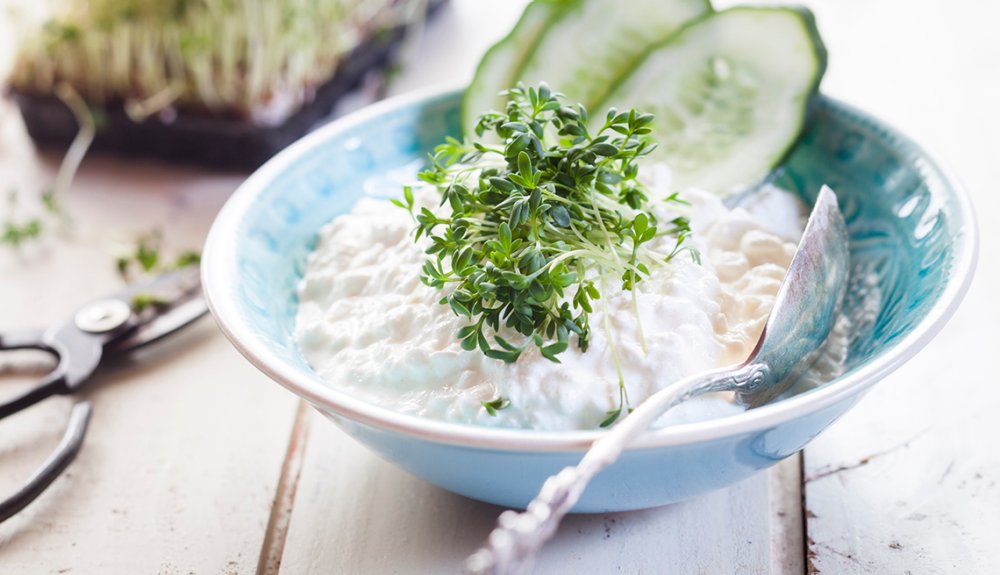OVER 50 ? ( 7 Superfoods to Eat After 50 )
1. Berries
Berries provide “one-stop nutrition” for the over-50 crowd because they're high in fiber, vitamin C and anti-inflammatory, antioxidant flavonoids. “Fiber helps keep us regular, manage our weight and protect against diseases like diabetes, heart disease and cancer,” says registered dietitian nutritionist Nancy Farrell Allen, a spokesperson for the Academy of Nutrition and Dietetics. Men 51 or older should eat 30 grams a day, and women 50 years or older should eat 21 grams a day.
2. Dark-green leafy vegetables
"As we get older, our bones become softer and need calcium,” says Bernard of the NIA. “That's something you can get from low-fat dairy and dark-green leafy vegetables.” We're talking kale, arugula, broccoli and spinach, which are also high in fiber, appear to boost muscle function and are heart-healthy. An Australian study published in March in the Journal of Nutrition found that people who ate just one cup of nitrate-rich leafy green vegetables every day had 11 percent stronger lower limbs. Another recent study from Denmark looked at 50,000 people over a 23-year period and found that those who ate these veggies had a 12 to 26 percent lower risk of heart disease.
3. Seafood
Fish such as salmon, cod, tuna and trout are a lean source of protein, which older people need to maintain or regain muscle. Bernard recommends shooting for five to six ounces of protein each day, whether it's seafood, poultry, nuts, seeds, soy products or lean meat. “We have studies to suggest that older adults need to be more sensitive to protein intake because their bodies are not as efficient at using protein as middle-aged folks."
Fish is also a good source of vitamin B12, a nutrient found only in animal foods that we have a harder time absorbing as we age. “Seafood also has omega-3 fatty acids,” Rosenbloom says. “Two to three servings a week reduce the risk of death for bulk chronic diseases by about 17 percent.”
4. Nuts and seeds
All nuts are not created equal, but all are good for you, Rosenbloom says. “They have protein and fiber, and they can make you feel full.” Just don't be greedy: “Eat just a handful as an afternoon snack,” she says, “and you won't be starving at dinnertime.” The daily recommendation of one ounce equals 24 almonds, 18 cashews, 35 peanuts and 15 pecan halves.
Nuts and seeds are also important sources of healthy fats. “Walnuts, flax meal and chia seeds all contain ALA omega-3 fats, which are converted to EPA and DHA omega-3 fatty acids,” says Allen, who notes that regular intake of omega-3 fats will help protect your brain, in particular.
5. Cottage cheese
It could be time to give these little high-calcium curds a permanent place on the weekly menu. “Cottage cheese is a great source of whey protein, which helps stimulate muscle protein synthesis,” says Rosenbloom. “Athletes know this — after a workout, they often have a shake based on whey protein. But instead of doing that, eat cottage cheese."
It is also high in calcium and vitamin D. “Our bones are like a bank, and after age 35, we start to lose bone density,” Allen says, “so adding calcium and vitamin D to our diet is essential for maintenance.” (What else helps bone health? Phosphorous, found in nuts, legumes, cereals and grains, and magnesium, in nuts, seeds, legumes and dark green vegetables.)
6. Beans and legumes
Why super? “Beans help reduce cholesterol,” says Gonzales. “They're loaded with fiber and protein and they're low-calorie.” They're also rich in iron, potassium and magnesium. Look for dry beans or low-sodium canned versions. If you can't find either, says Rosenbloom, “drain and rinse a can of regular beans, and you can reduce the sodium by 41 percent.” (And don't forget garbanzos: Gonzales recommends hummus as a healthy snack.)
7. Water
Water — that's not even a food! True, but you need to pay more attention to hydration as you age. “'As we get older, we don't have as good a thirst mechanism,” says Rosenbloom, who recommends keeping an eye on your water intake especially when it's hot and humid and you're sweating — say, while outside gardening. Bernard points out that taking in extra water can help counteract the effects of bowel function declining with age. And remember that often we think we're hungry when we're actually thirsty.




Post a Comment